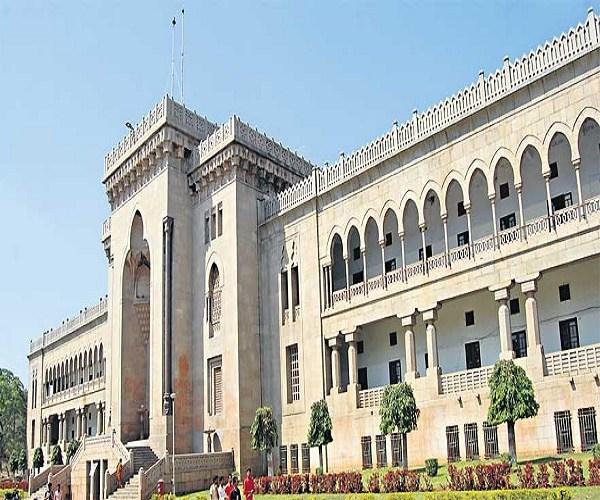Almost all the ten universities in Telangana have IAS officers as Vice-Chancellors (VCs) since July 2019. They are managing with truncated and not full-fledged Executive Councils (ECs), whose decisions are often contested in courts. Temporary arrangement is welcome, but some universities are helmed by IAS officers for a long time.
Senior professors are ideal to become VCs. The Deans are appointed faculty-wise based on their seniority and they come second in the university system after the VC. The Registrars come after the Deans. In convocations, the Deans accompany the Governor and the Chief Guest and the Registrar acts as a keeper of Registers of the various degrees and the lists of gold medals in association with the Controller of Examinations.
Growing with University
In the past, it took 20 years of service in teaching and research to become a professor. Now it takes 15 years to reach that position. Professors carry rich research, teaching and administrative experience as compared with IAS officers who have only administrative experience in non-academic matters. Some IAS officers also have no patience to understand the established procedures of the university.
Let me cite an example. An in-charge IAS VC has to nominate one PhD examiner out of three examiners recommended by the Chairperson of Board of Studies for adjudication. The Chairperson submits a list of nine examiners who are qualified PhD supervisors. The list is approved by the members of the committee duly constituted by the VC. If no objections are received, the approved list is sent to the Controller of Examinations for further action.
The VC selects one internal and two external examiners. Their consent is obtained through an email or a phone call and the copy of the thesis is dispatched to them for adjudication within two months. One IAS officer was unable to understand this procedure and asked me as the Dean to resubmit the file again selecting one among the three examiners duly signed by the Chairperson. This was a repetition of the work and unnecessary delay as the in-charge IAS officer did not take a routine decision.
University’s Strength
Senior professors serve universities for two to three decades in different capacities gaining invaluable experience in academic administration. Their CVs are a testimony to their merit and experience and they are well-versed in managing research and academic matters. They know the university system very well. On the other hand, an IAS officer’s expertise is more tuned to administering districts as against academic institutions.
With nearly four decades of professional experience in and around universities, and having served in almost all top-level academic and administrative positions, senior professors are well aware of the strengths and weaknesses of universities. They would be in a position to shape and raise the standards of universities through effective implementation of their vision as exemplary scholar-leaders.
With an insider’s in-depth understanding of the pluses and minuses, they will be able to overhaul the administrative machinery and modernise them with effective implementation of e-governance through automation, real-time governance and decision-making, IoT, RFIT, digitalisation, transparency, proper financial management, regular academic, administrative audit and so on.
Trainer of Trainers
Most of the senior professors have already introduced innovative methods, approaches, techniques and strategies through their wide contacts at national and international levels. They have established laboratories in university departments and in colleges with UGC grants and introduced ICT-enabled teaching-learning process by conducting national and international symposia, seminars, conferences and workshops.
As expert trainer of trainers in skills development, some of these professors have conducted several programmes for university and college teachers through UGC-HRDCs (Human Resource Development Centres), university departments and colleges. They have taught and conducted intensive and extensive research in comparative studies involving several literatures, cultures, theories and philosophies of the East and the West.
Some senior professors have several accomplishments in their long academic careers, including multiple research projects and accolades like State Best Teacher Awards. As academic administrators, they have promoted computer literacy and introduced e-governance and many administrative reforms. Their vision for universities envisages a new system of education, empowerment, enrichment and evolution with quality-enhancement as their ‘mantra’ and attainment of world-class status as an Institution of Excellence as their ‘ultimate goal’.
The busy and overburdened IAS officers, who are transplanted to a new academic setting, often take time to understand the system, which results in a precious loss of academic momentum.
Teacher-administrators
The careers of some senior professors are a lesson in how talent and fine temperament, coupled with good management, yield success and goodwill. Many of them are able, affable teacher-administrators. Their services to universities and society testify to the fact that they are scholars with a vision who could lead universities well. They also have the uncanny ability of winning over the hearts of students, in particular, and society, in general, with their persuasive personality.
Senior professors as VCs would be an asset and will go a long way in building excellent universities.#KhbarLive







